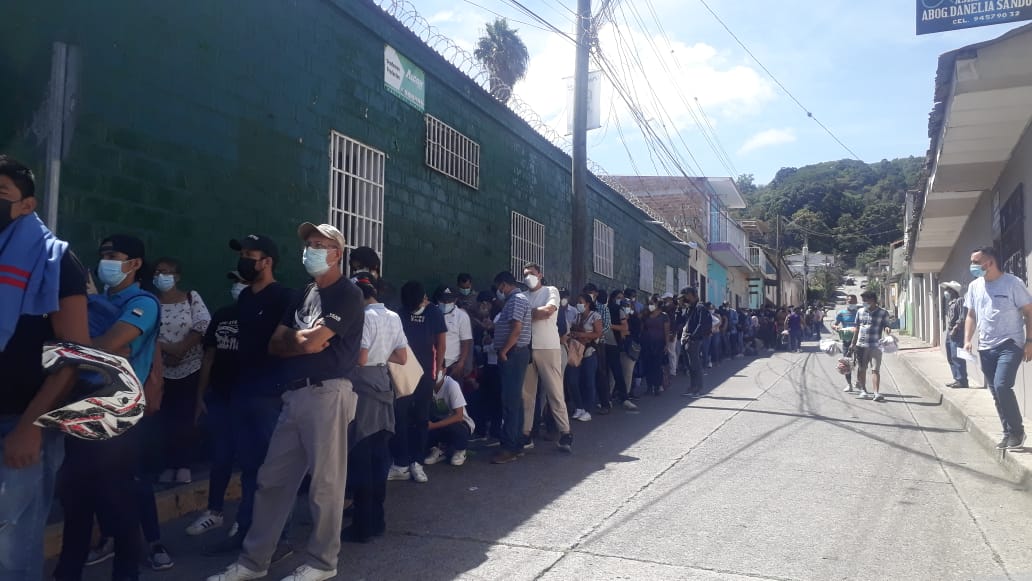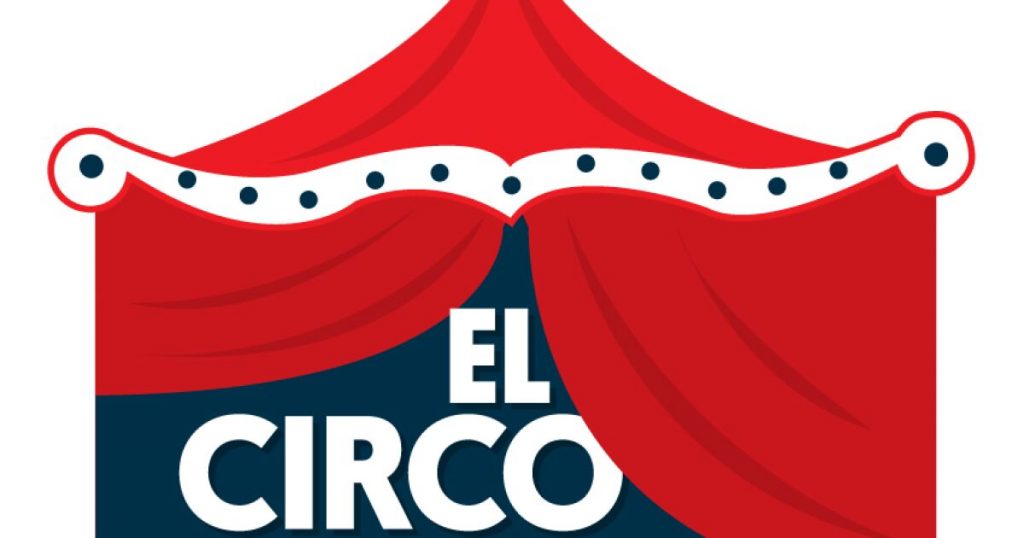At 11 pm on October 25, “Filadelfo” decided to leave his home in Managua, aboard his vehicle, heading to Honduras to get vaccinated against covid-19. He is 29 years old, and although vaccination for that age range has already been announced in Nicaragua, he didn’t want to get Russian or Cuban vaccines. He plans to travel to Europe, and prefers a vaccine that is approved by the World Health Organization (WHO), and his best option was in the northern neighbor.
In Nicaragua, according to the disposition of the authorities of the Ministry of Health (Minsa), a single dose of the Sputnik Light vaccine, produced in Russia, is applied to young people between 18 and 29 years old, which is currently not found in the list of inoculants approved by WHO.
After four and a half hours of travel, at three in the morning, “Filadelfo” reached the line that some people were already making at the El Guasaule vaccination post, on the Honduran side of the border. He explains that he crossed irregularly through Nicaraguan immigration obstacles, although he did not pay anyone to take him to Honduran territory.
“Sofía”, like “Filadelfo”, began her journey to get vaccinated on October 25. Along with seven family members and friends, the 27-year-old girl left her native León in the early hours of the morning, aboard a vehicle to El Guasaule, on the Nicaraguan border with Honduras.
“Sofia” comments that she was vaccinated in Honduras because she “distrusts” the efficacy of Cuban and Russian vaccines, and the handling that, “in general”, the Sandinista government has done during the covid-19 pandemic.
He relates that they arrived at around 2:45 in the morning and had to cross irregularly into Honduran territory, although, unlike “Filadelfo”, they paid a “toll” of 20 cordobas on a farm that is on the line border, about 10 minutes from the immigration post.
The group also paid 80 cordobas to a “vaqueano” to guide them through the crossing. In addition to the above, they paid for the payment of the “surveillance” of the vehicle. In total, he estimates, they individually spent about 500 cordobas, including food, drinks and fuel.
Crowds in the ranks
“Filadelfo”, “Sofía” and their group made a line of about 150 meters, but they received the Moderna inoculant, until about 3:00 in the afternoon.
“When we got to the line they explained to us that we had to wait for the people who vaccinated to arrive and we had to stay there until they arrived. Practically the instructions were to wait in line and have your ID, “says” Filadelfo. “
Both citizens agree that the process was easier than they expected; however, the line took hours to advance because there was a lot of disorganization, and some people took advantage of any oversight to get in line.
The president of Honduras, Juan Orlando Hernández, announced on October 25 the setting up of vaccination points on the border with Nicaragua, to apply 250 to 500 doses a day to Nicaraguans.
“I have instructed the Ministry of Health, Migration and Customs, so that they can establish vaccination points in the communities so that people are not crowded,” Hernández said on his Twitter account.
Honduran journalist Cristian Escaño, from MetroTv Honduras, in interview with the program Tonight, detailed that the Government of Hernández has enabled at least 20 vaccination posts, among them: two located in the municipality of El Triunfo, three in San Marcos de Colón, and around ten in Choluteca.
The Secretary of Health of Honduras reported this Thursday thatFrom October 21 to 27, they have applied 31,292 doses of the Moderna vaccine to Nicaraguans.
Nicaraguans in search of “security”
On October 22, the 53-year-old independent journalist William Aragón joined the thousands of Nicaraguans who traveled to Honduras to get vaccinated. In his case, it was due to a “security” issue in the face of a constant persecution that lives at the hands of agents of the National Police.
On August 19, Aragón was vaccinated in Estelí with the first dose of AstraZeneca. That day, when he was returning to his home in Somoto, Madriz, he was detained by a group of policemen who without a word stole his cell phone and threatened.
“For fear of going through these difficulties again, and seeing the opportunity that there was in Honduras, I decided to travel to get vaccinated,” he says.
He relates that he tried to enter Honduras legally, but at the Nicaraguan border post they required him to pay about $ 50 for a covid-19 test, so, in the absence of that budget, he crossed on foot through a muddy trail, of about five kilometres.
The journalist details that, in total, he spent between 250 and 300 cordobas, between the round trip taxis from Somoto to El Espino, and the transportation to the vaccination post.
He emphasizes that the procedure in Honduras was “fast.” He waited about 20 minutes in a line where those over 50 were prioritized. “They asked me for my identity card and my vaccination card, because in my case it was the second dose, and they gave me the Moderna, which is compatible with AstraZeneca.”















